Interview Series - Insights from Students -
- Name
- Chengpeng YU
- Nationality
- China
- School at UTokyo
- Graduate School of Science
- Academic Status
- Graduate Student : Doctoral Program
- Date of enrollment UTokyo
- 2021.4 - Doctoral Program (Due to the COVID-19 pandemic, the arrival in Japan was in 2022.)
- The language used for the interview
- Japanese
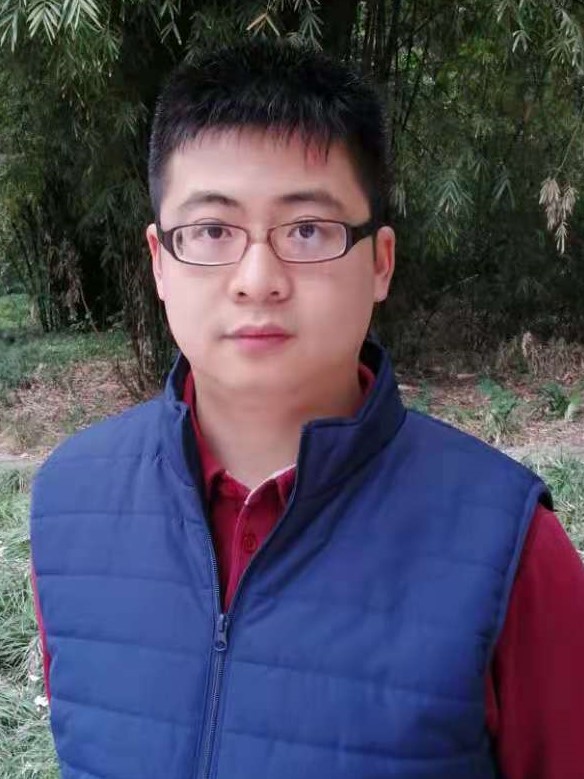
Reasons for continuing to take the Center’s Japanese courses for six semesters
Did you enter directly from the University of Tokyo’s doctoral program? Was it always your plan to come to Japan?
No. As a result of searching for the next research environment, I was accepted by my current supervisor. The fact that the supervisor was affiliated with the University of Tokyo in Japan came later. Although I heard that research could be conducted entirely in English, I wanted to enjoy life in Japan after coming here, so I started studying Japanese through online content. Later, due to travel restrictions during the pandemic, I began taking the General Course (2 to 3 times a week) at the Center for Japanese Language Education since I couldn’t enter the country.
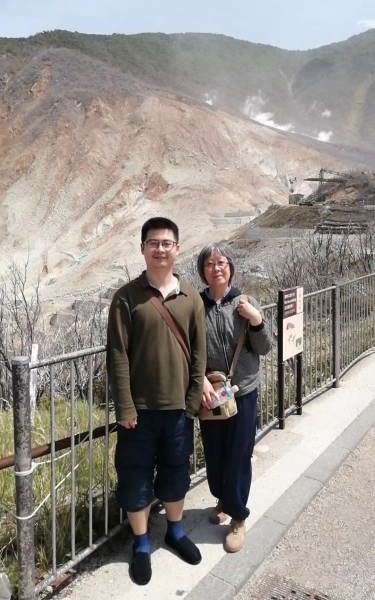
It took about a year for you to come to Japan, and then you progressed one level each semester, finally reaching Level 5 (Advanced) in three years. It’s quite rare for students at the University of Tokyo to continuously take courses from beginner to advanced. Did you have a specific reason for doing so?
While it’s possible to study through the internet or apps, participating in actual classes provides opportunities for real conversations with teachers and other students. That’s the most valuable aspect. I used to set aside 30 minutes every morning for studying vocabulary and grammar, but primarily, I focused on the Japanese language course at the Center. The course acted as a pacesetter for me.
From “one plate of tuna sashimi” to “mountains of tuna tataki”
Earlier, you mentioned that you started learning Japanese to “enjoy life in Japan.” Can you elaborate on that?
For example, going to the movies with friends on weekends, watching Japanese anime in its original language, and exploring interesting restaurants in Japan offering tempura and sushi. When I wanted to make reservations, some places required a phone call instead of the internet, so knowing Japanese became necessary at such times.
Have you faced any challenges or difficulties?
In the beginning, it was certainly tough. Two years ago, when I ordered “one plate” of “tuna sashimi” for the first time at a restaurant, they brought out “mountains” of “tuna tataki” (seared tuna). There were many such small mistakes. However, just recently, when I went to Kyoto for research, a French researcher who was there expressed a desire to try kaiseki (traditional Japanese multicourse cuisine). I found a restaurant online that didn’t accept reservations through the internet, so I called and successfully booked a table. It was a moment when I felt my own growth.
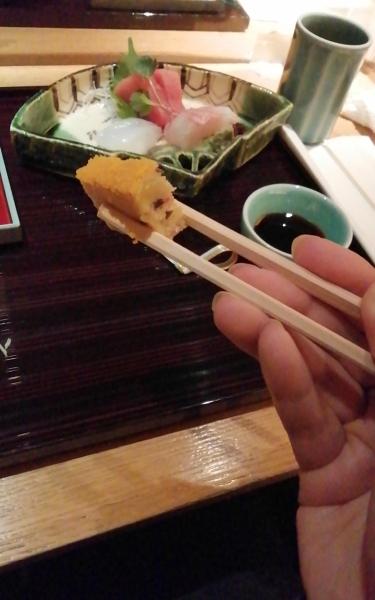
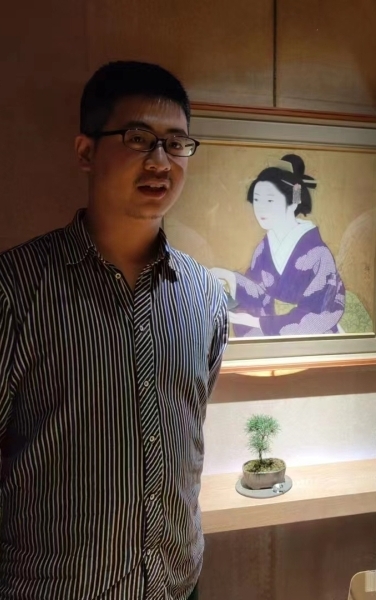
Native in neither English nor Japanese
Is your motivation for learning Japanese driven by curiosity or by necessity?
Both. As I mentioned earlier, necessity comes from the fact that I need Japanese to eat out and interact with people in Japan. Curiosity, on the other hand, arises from my interest in things like anime.
In research labs in the sciences, where everyone discusses and writes papers in English, some may argue that there is no necessity for Japanese. What are your thoughts on this?
I don’t agree with that. For example, in my seminar, Japanese students also give presentations in English, and others ask questions in English. However, when difficult questions arise and the student doesn’t understand English, discussions sometimes switch to Japanese. In those moments, I find it hard to grasp the meaning. There are times when I think it’s better to understand Japanese.
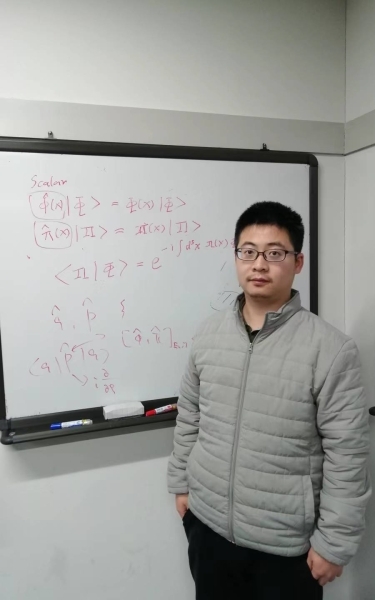
But does that mean it would be better if English proficiency among Japanese students at the University of Tokyo improves?
Yes, of course, that would be beneficial. However, when trying to delve into complex topics, it is still challenging. Concepts can be abstract, making it difficult. It’s natural to find it challenging since we are not native speakers, and I, too, face the same difficulty as a nonnative English speaker. Therefore, I imagine it would be better for everyone to cooperate, using both English and Japanese, to achieve better communication.
Wanting to learn and enjoy the local language everywhere I go
With your doctoral studies completed, what are your plans for the future?
I’m currently considering applying for a postdoctoral position. The destination could be anywhere, both domestically and internationally. It might be France or Germany, for instance.
Do you plan to continue your Japanese language learning?
I will definitely continue learning Japanese. I’ve been studying Japanese for three years, but I haven’t taken the Japanese Language Proficiency Test (JLPT), so I’d like to give it a try. Some preparation might be needed for that.
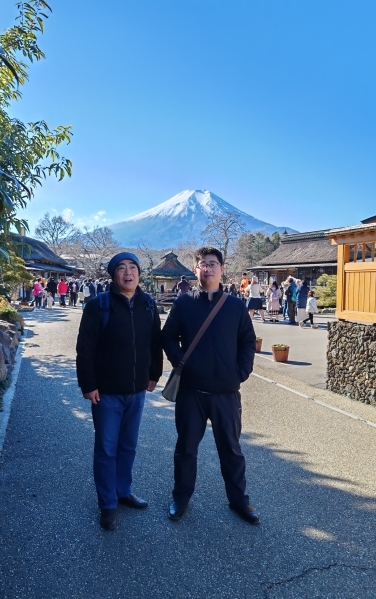
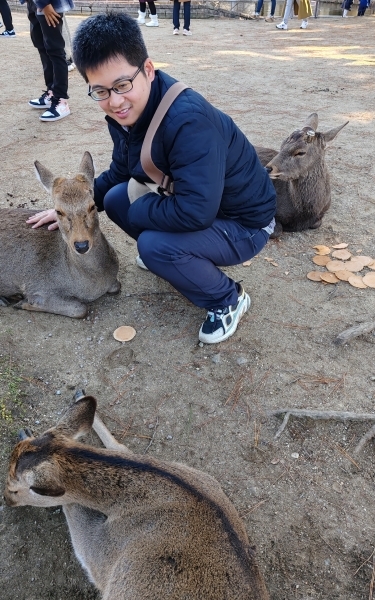
Okay, then, I have a small question. If, for example, your next destination is France, what will you do about learning French? Have you studied French before?
No, I haven’t. Whether I’d learn French or not would depend on the length of the project. If it’s about a year, I might not have the opportunity to learn French. However, if it’s three years, I would like to learn it properly.
What’s the difference between one year and three years?
If it’s around one year, I might leave France just when my French becomes somewhat proficient. But if it’s around three years, I think it would be enjoyable to know the language and make the most of it. It’s similar to my experience with learning Japanese.